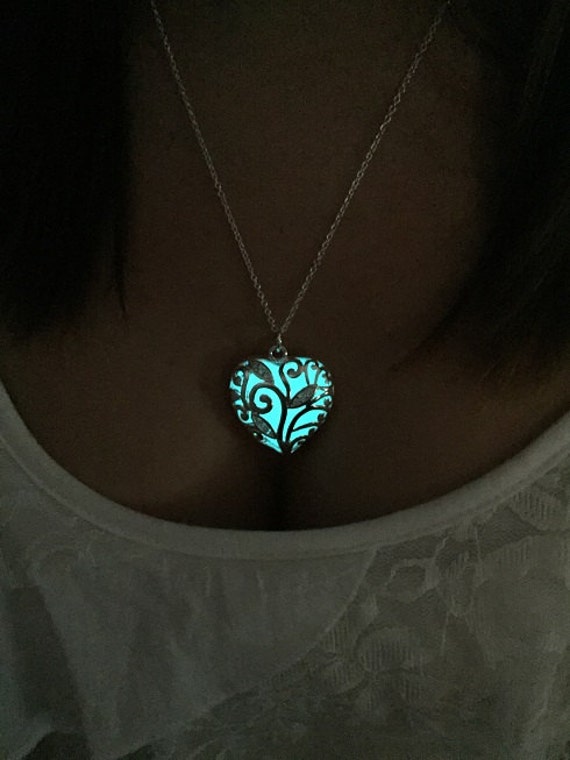I didn't feel like I was addicted to caffeine because I could go days without it, but in the office I would always find myself at the coffee pot as I was deep in thought. I wasn't sure how this had happened, in high school I thought that coffee tasted like mud.
But as a freshman engineering student at a hard-core school, I was often still at school studying when the clock struck four in the morning. The tiredness was overwhelming, and the rest of my study group was chugging free coffee like it was already tomorrow. Between the sweet seduction of caffeine to make up for my lack of sleep and the irresistible nature of free things to a college student, I eventually caved. I began to drink coffee just to survive all nighters, when I was too tired to even process how much I hated the taste.
After I had gotten over the mud-like taste I started to drink it when I had to stay up late, when I needed to focus, when I got up earlier than I wanted to, and even when I was just meeting friends at coffee shops. Coffee became embedded into my every day activities, and like most young engineers I've met was intertwined with my social life. Sound familiar? It's a common story for a lot of us.
And that's how I ended up here as a professional, on my third cup of coffee by 11 am. While I don't think I was ever physically addicted to caffeine, I also knew that the volume of coffee I was drinking couldn't be healthy. And part of me just didn't like the fact that something I had despised not so long ago had become such an expected part of my day to day life.
So, like any good engineer, I did some research about caffeine detoxes. There is surprisingly little information about this considering the prevalence of caffeine consumption in our society. Apparently while "long-term caffeine use can lead to mild physical dependence", "true compulsive use of caffeine has not been documented" (Malenka RC, Nestler EJ, Hyman SE (2009). "Chapter 15: Reinforcement and Addictive Disorders". In Sydor A, Brown RY. Molecular Neuropharmacology: A Foundation for Clinical Neuroscience (2nd ed.). New York: McGraw-Hill Medical. p. 375. ISBN 9780071481274). I find that hard to believe considering the number of people in my office gulping coffee like air. Maybe they just need to do a study in an engineering firm.
I'm not claiming here that my propensity towards drinking coffee is anywhere as bad as any "real addiction" that people suffer, but I do find it curious that even in an environment where I am regularly drug tested that it is socially acceptable for me to be at all dependent on any particular substance (other than water and air). At the same time, it makes me wonder why it's socially acceptable for us to have jobs that can be so intense that they are difficult to perform without a caffeine kick to push us through.
Engineers often work long hours with a high amount of mental (and sometimes physical) energy and focus required the entire time. College teaches us that Awakeness = Hours of Sleep + Grams of Caffeine, and real life teaches us that power naps on the job are socially unacceptable. So whether it is a placebo effect or a legitimate solution, when I've worked on the same calculation for four hours without a break and my mind feels like it's turning to mush I reach for coffee. Part of me worries that if I don't have that extra kick of focus, that my work will suffer. The other part of me worries that I (and the others around me) are constantly performing these herculean mental tasks, and that eventually there won't be enough coffee in the world to push us though. And somehow, we (and our respective managements) often don't recognize the increased coffee consumption as a red flag of employees who are overworked, but it's often just an accepted part of our day to day life.
 |
| Pumpkin spice lattes could push anyone over the edge |
What do you think? Are you and/or your coworkers hooked on coffee? Is that a problem?
Cheers,
Vanessa












